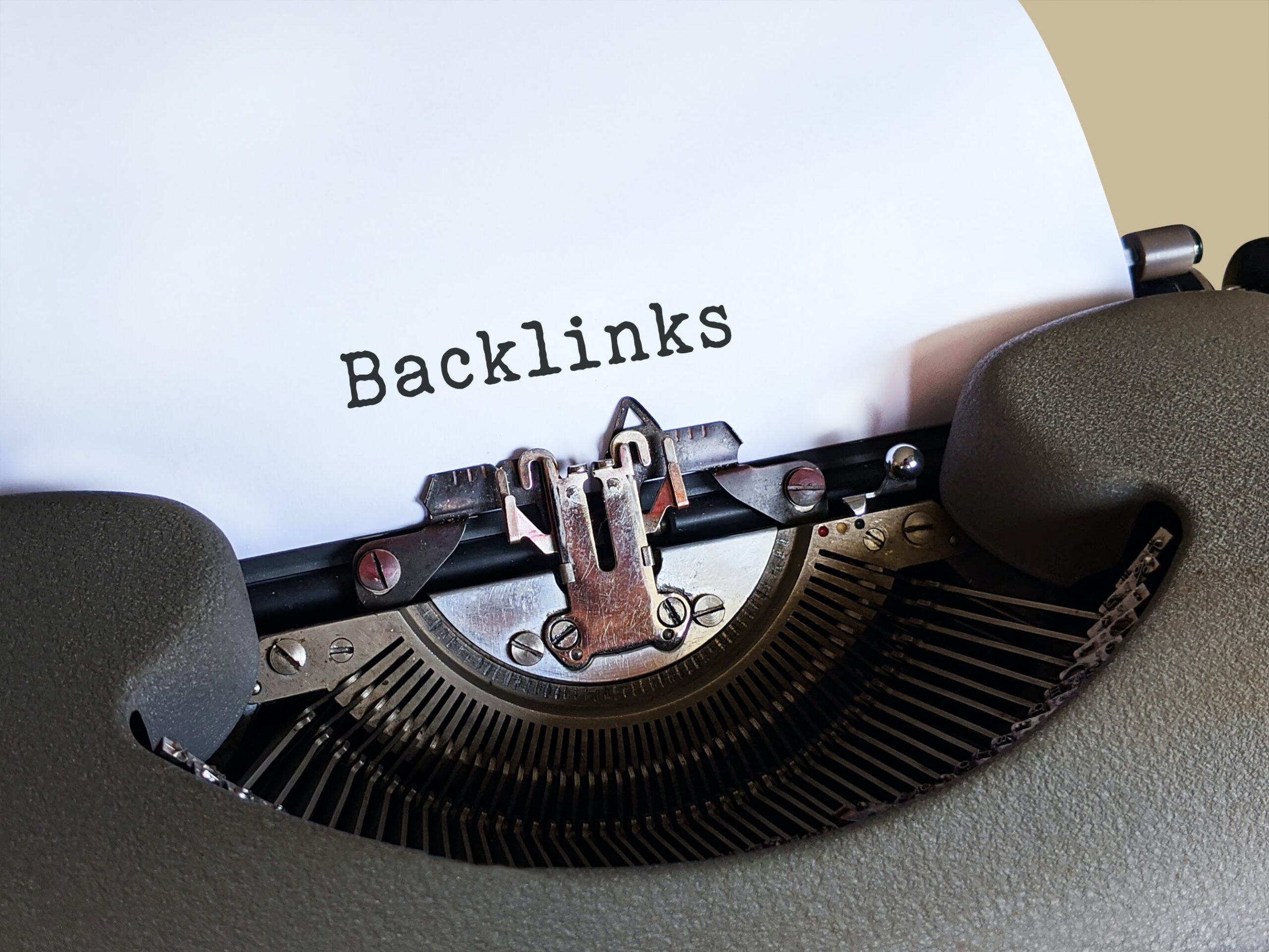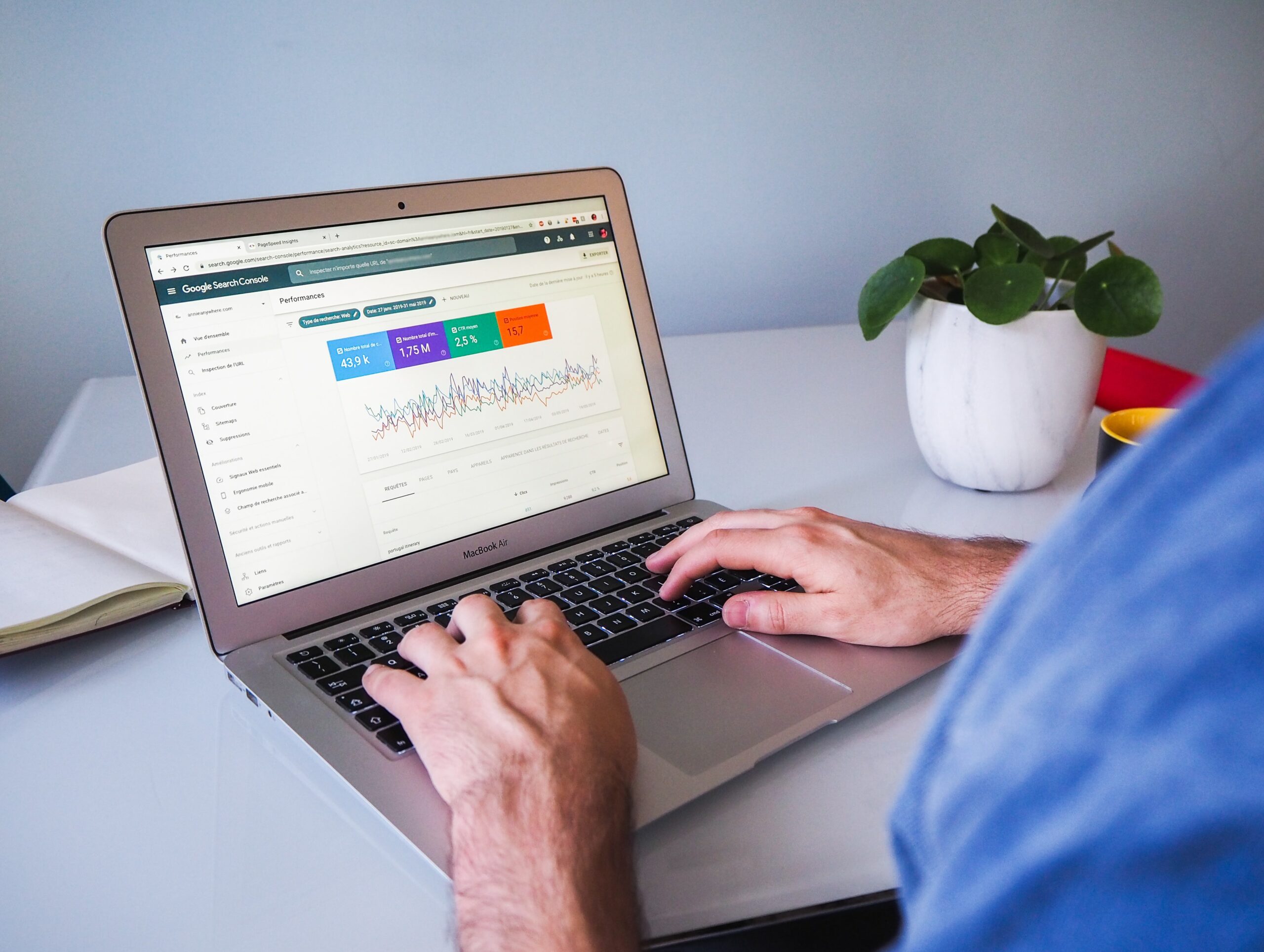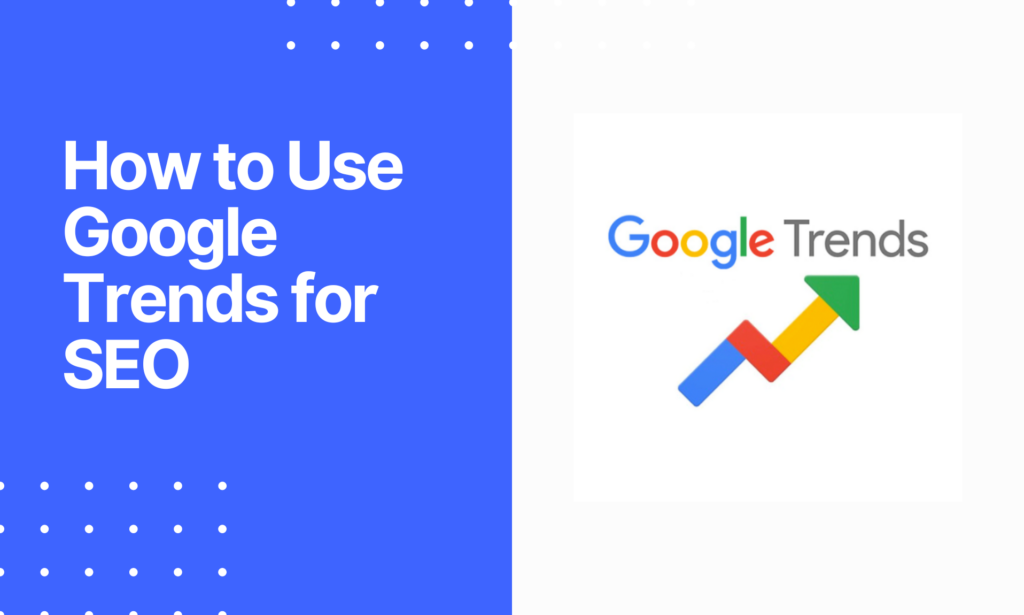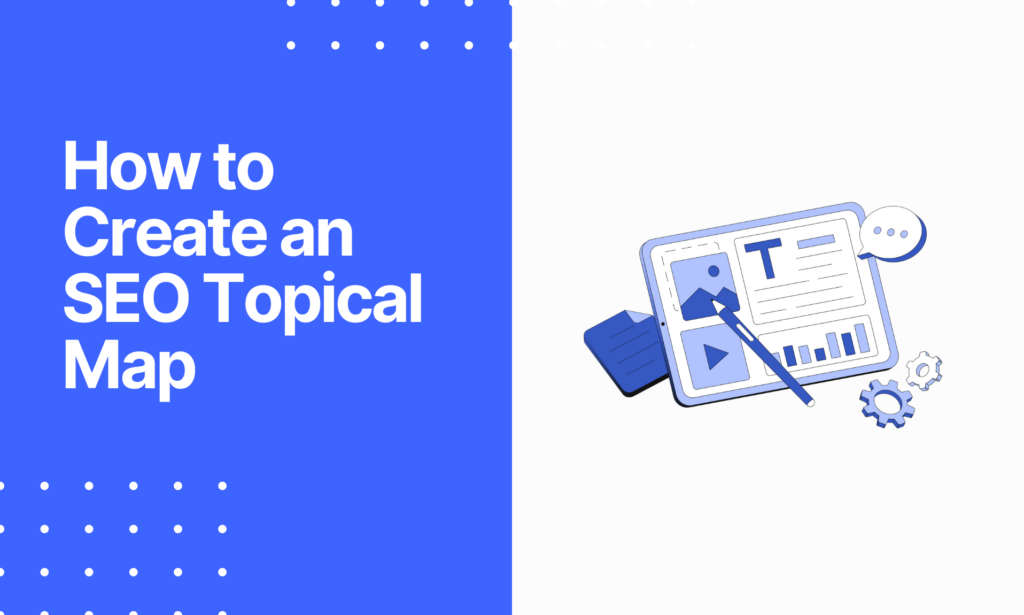We all know the best and most sustainable way to build high-quality backlinks is through earning them organically over time. That said, buying backlinks can seem like an attractive shortcut, allowing you to quickly build artificial links for temporary rankings boosts.
This in-depth guide will cover everything you need to know about whether or not you should buy backlinks in 2024. You’ll learn about the various types of paid links, risks associated with buying backlinks, and overall best practices for integrating bought backlinks into your strategy.
Buying Backlinks
Buying backlinks can provide temporary SEO gains but carries long-term risks.
While a few vetted paid links on reputable websites may aid rankings, over-reliance on artificial links often damages organic rankings when penalties occur.
For sustainable growth in 2024 (and years to come), you should focus on earning links through high-quality content and outreach outperforming competitors.
Join 900+ to receive a weekly SEO video from my YouTube channel, which I’ll share, and an actionable SEO tip every week.
What Are Backlinks and Why Are Important Vital for SEO?

A backlink is simply defined as any link from an external website pointing back to a page on your site. For example, if Site A publishes a blog post that includes a link citing your Site B’s content, that inbound link counts as a backlink.
These backlinks act as votes of confidence in your content. When many reputable sites link back to your pages, search engines interpret this as an indicator that your site provides value and usefulness to readers.
Google wants to surface the most authoritative, trustworthy pages for searchers, so inbound links help determine which pages fit that criteria. As a result, sites rich in backlinks tend to perform better in organic search results.
While search engines use a complex variety of ranking factors, link quantity and quality are among the heaviest weighted. The total number of backlinks pointing to a domain or page correlates strongly with higher positions.
But it’s not just about raw backlink volume alone. The authority of the sites linking to you also matters tremendously. For instance, a backlink from the New York Times provides more value than a virtually unknown blog.
This concept is measured through metrics like Domain Authority and Page Authority:
- Domain Authority: An aggregate score (on a 100-point scale) measuring the power of an entire website domain based on its backlink profile strength, published by Moz. The higher the DA, the more powerful a site’s backlinks are.
- Page Authority: A score from 1-100 measuring the authority passed from backlinks specifically to a target page you’re optimizing, also published by Moz.
Sites with greater domain authority pass more “link equity” when they link out to other pages. Think of equity as link juice; the more a site has accumulated, the more it can flow to pages it links to. Pages with greater page authority also rank better in SERPs.
This is why most SEO experts recommend a holistic approach through building backlinks across your entire domain, not just to one isolated page. A diverse, far-reaching backlink profile lifts all pages.
Different Forms of Buying Backlinks
What specific options are available if you decide to invest in paid backlinks? Here are some of the most common:
- Sponsored Guest Posts: Also known as paid guest posting, this involves paying popular blogs and websites to publish an article you write which includes backlinks pointing back to your site. One of the more “white-hat” options.
- Widget Sponsorships: Pay bloggers and publishers to feature a widget, banner, or other graphic asset with embedded backlinks on their site’s sidebars.
- Forum Profile Links: Buying old forum profiles and editing them to optimize anchor text links. This is considered manipulative.
- Article Marketing: Hiring freelance writers to publish articles on various article sites and optimize backlinks pointing to you.
- Private Blog Networks (PBNs): Networks of fake blogs and sites specifically built to sell links en masse. This is a very risky black-hat tactic.
- Social Bookmarks: Sponsored link placements on social bookmarking sites like Digg or Reddit. Also seen as manipulative by Google.
- Directory Submissions: Submitting to low-quality directories just to get backlinks. Can provide little tangible value.
As you can see, paid backlink offerings run the gamut from legitimate options like sponsored posts on authority sites to obvious manipulation tactics like blog networks. Quality, relevance, and transparency vary widely!
The Allure and Benefits of Buying Backlinks
On the surface level, it’s easy to get tempted by the benefits bought backlinks promise. Building high-quality links takes an enormous amount of effort through content promotion, outreach, PR, etc. Paying to short-circuit that work is naturally appealing.
Potential perks include:
- Quickly increase the total link volume pointing to your domain. More links = better visibility and authority metrics.
- Gain links from authoritative sites that are difficult to earn links from organically. Shortcut to higher domain authority.
- Target exact match anchor text such as your core focus keyword phrases. Helps search rankings for those terms.
- Requires far less effort than typical organic link-building strategies. You just buy links and let the seller do the hard work.
- Gain instant authority signals, bypassing the “chicken and egg” issue faced by new websites with no existing domain authority.
- Potential for a temporary rankings boost in the short term, depending on the quality of links purchased.
- Useful for new sites, brands, or pages needing an initial link velocity boost before focusing on organic methods.
- Allows you to build links at scale far faster than manual outreach and content promotion typically allow.
There are certainly benefits on paper, especially when you consider the labor-intensive nature of link prospecting, outreach, and creative link bait creation. But that’s only half the story.
Let’s dig into the extensive drawbacks and dangers.
Risks and Downsides of Buying Backlinks

Despite the surface appeal, purchasing backlinks—especially at scale—comes with tremendous downside risk.
Google actively works to identify artificial link schemes and penalize sites participating in them. Potential consequences include:
- Links may come from totally irrelevant or low-quality sites that can actually dilute your page and domain authority when crawled.
- High risk of manual or algorithmic penalty if Google determines you’re manipulating rankings through paid links. This may lead to rankings loss, traffic decline, or de-indexing from search.
- Expensive compared to slowly building organic links over time. Costs add up quickly at volume, all for questionable quality.
- Very temporary results. Low-quality paid links get removed or devalued over time. So, recurring purchases to maintain effect are needed.
- Too much aggressive keyword anchor text optimization raises red flags since natural linking patterns use more variation.
- Undermines trust and authority earned through organic best practices. Shortcuts can sabotage a solid SEO foundation.
- Creates an unhealthy reliance on artificial ranking signals rather than earning legit authority through valuable content.
- Regular manual reviews of paid links are required to identify and disavow toxic links damaging your site. This means added effort/overhead.
- Disavowed links remain visible to Google, leaving behind a legacy of your history of manipulative links.
In most cases, a “quick fix” approach of buying thousands of cheap links does far more harm than good. The most sustainable and stable growth comes from earning links organically over years through strong content.
Clearly, many downsides exist, but what if you still want to incorporate a small number of paid links? Let’s explore how to do so cautiously.
How to Safely Incorporate Paid Backlinks
If you decide that limited bought backlinks in moderation may benefit your SEO strategy, here are some best practices to follow:
- Thoroughly vet sites selling links and avoid obvious low-quality paid networks. Prioritize sites relevant to your niche.
- Build links slowly over time, mimicking a more natural growth velocity. Pacing paid links matters almost as much as quality.
- Diversify anchor text away from aggressive keyword targeting. Branded, naked, and contextual links should dominate.
- Keep the ratio of paid to natural links reasonable, somewhere between 10-20% is considered moderately safe by many experts.
- Spread links out over multiple quality pages rather than bombarding a single page. Avoid patterns.
- Use Google’s Disavow Tool to remove toxic links if you suspect they violate Google guidelines after manual review.
- Monitor traffic sources to check that paid links drive visits/conversions rather than just idle metrics. Disavow non-performers.
- Use tools like Ahrefs to confirm your paid links are indexed and passing actual equity rather than just counting as numbers.
Adhering cautiously to those paid link best practices is advised for any SEO professional choosing to incorporate sponsored links. Remember, moderation and balance are key!
Finding Reputable Backlink Sellers
When looking to purchase backlinks, finding a quality supplier is crucial for ensuring the links are from legitimate sites relevant to your industry.
Here are some tips for vetting potential backlink sellers:
- Analyze sample links the seller provides to evaluate quality. Check for relevance, natural anchor text, and popularity/authority of the linking sites.
- Ask sellers questions about their link-building methods and safety precautions. Legitimate sellers should be transparent.
- Search forums like BlackHatWorld to find reputation reports from others who have used that service before. Look for consensus on overall quality.
- Use a tool like Ahrefs to scan a sample of their links for unnatural patterns like identical anchors, low-quality sites, etc.
- Evaluate traffic levels to the sites in their network. Low visits or high bounce rates indicate low-quality sites just created to sell links.
- Ask for a complete list of sites they have gotten links from in the past. Cross-check against your own site’s niche and authority requirements.
In general, maximum safety comes from services focused entirely on securing sponsored posts and other transparent, editorial links on legitimate sites relevant to your industry.
Integrating with Content Promotion

To maximize the impact of bought backlinks, you can integrate paid link placements with content promotion efforts:
- Promote your paid guest posts via social media, email outreach, pitching to aggregators, etc. This will amplify link equity passed.
- Repurpose paid guest post content into other formats like the video to gain additional organic links to the same target pages.
- Make sure paid links point to your highest quality, most relevant pages so equity flows to pieces with the most potential impact.
- Use paid links selectively to boost pages and posts that already have strong organic link profiles for an extra authority boost.
- Build a wider organic network around domains linking to you via paid posts. Outward links gain more equity from common backlinks.
- Monitor rankings boosts for key terms after deploying paid links to determine the most valuable target pages to continue optimizing.
Should You Buy Backlinks for Your Website?
Given the extensive risks covered, buying even a moderate amount of backlinks is not advisable for most sites as a long-term link-building approach.
While a few carefully selected paid links on authoritative sites are unlikely to do any harm, bulk approaches often backfire.
Some key considerations when weighing paid links:
- Be honest about your site’s needs and goals. Buying some links may offer a short-term rankings gain but won’t support sustainable long-term growth. You should prioritize organic strategies for stability.
- Use paid links to supplement your overall efforts, not replace organic link building entirely. Content promotion and outreach should still be the focus.
- Very carefully weigh the risks versus potential rewards. A Google penalty could negate any temporary boost paid links provide and seriously damage your progress.
- For new sites, use paid links cautiously at first to establish initial authority. But switch focus to organic methods before you over-optimize or trigger algorithmic flags.
- For established sites, focus on earning links through creative outreach, brand awareness pushes, linkable assets, and other best practices. Limit paid links.
As you can see, even modest amounts of paid links require diligent analysis on a case-by-case basis. They may drive rapid early results, but long-term stability matters most.
Alternatives to Buying Backlinks

While paid links may provide shortcuts, the best path is still earning links organically through high-quality content and outreach.
Here are some strategies to focus on instead:
- Develop in-depth, educational long-form content like guides and reports that get cited by others.
- Create unique data assets like tools, calculators, quizzes, and interactive content to attract natural links.
- Produce visual assets like infographics, charts, and images to spread on social media and get linked by publishers.
- Reach out directly via email and social media to high-authority sites and offer them exclusive content, data, or assets to link to.
- Participate actively in your industry community and build relationships with influencers who may link to your brand.
- Publish on platforms like Medium, Forbes, and industry publications where author links are followed.
- Sponsor or speak at events your audience attends to build awareness and links from event sites.
- Help journalists and continue providing helpful information when they cover your niche.
- Develop an influencer outreach program to inspire word-of-mouth referrals.
Key Takeaways
Buying backlinks may seem like an easy shortcut to fast visibility gains. However, depending on relevance and quality, the practice also carries risks.
When incorporating paid links, the safest approach is selective sponsorship opportunities on authoritative sites closely aligned with your niche. But for most sites, organic link-building through viewer-focused content, creative promotion, and outreach is preferable for stability.
Moderation is key for anyone choosing to buy links. While they may have a place within a balanced SEO strategy, over-reliance on artificial links often backfires. Due diligence on vetting link sources and monitoring for penalties is essential.
At the end of the day, links earned through sweat equity tend to reward your efforts far more than shortcuts ever will. By investing in amazing content and resources site visitors genuinely want to talk about, you’ll build a backlink profile that stands the test of time.


